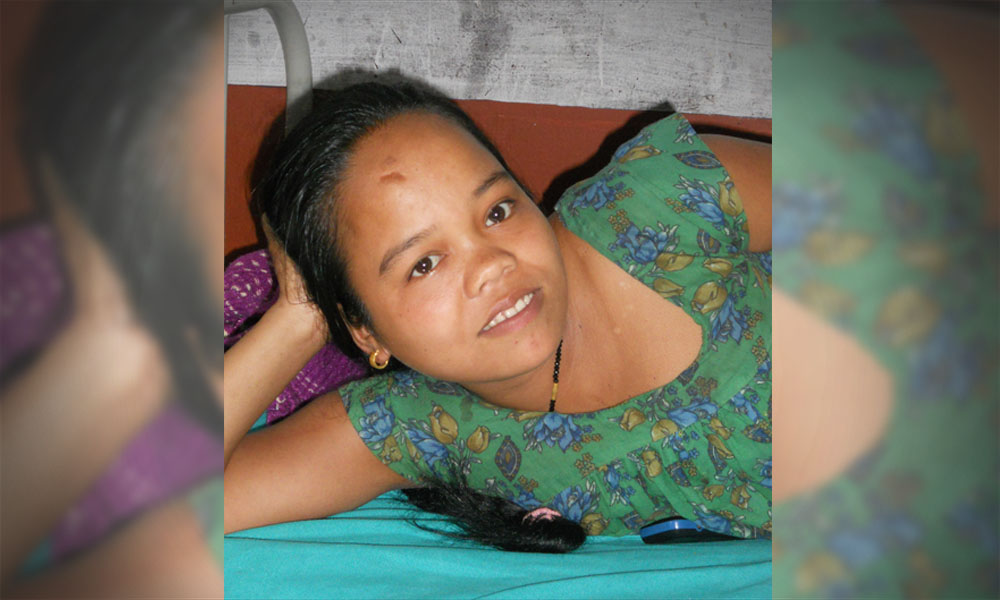Giving birth in remote areas of Nepal can mean pregnant women are far from health services, unable to access basic antenatal care and can experience protracted labour causing obstetric fistula*.
INF’s fistula team have recently completed a two week training program in several remote villages with a key focus on preventing obstetric fistula and helping women give birth to healthy babies.
Juna’s story shows why this work brings fullness of life.
Juna now has a healthy baby and is recovering well after successful fistula surgery at INF’s Surkhet clinic. Her story gives hope to the many women across Nepal who become incontinent from the damage caused by a long and difficult labour.
Juna married young and soon after became pregnant. Her local health post was an hour’s walk away however she decided against attending regular antenatal check ups. When Juna went into labour she experienced contractions for two days. Eventually she fell unconscious and was rushed to the health post and then on to the government hospital in Nepalgunj.
The baby was born however Juna had developed an obstetric fistula, *a hole caused by the prolonged obstructed labour, that left her leaking urine. She was taken to INF’s clinic in Surkhet and had surgery to close the hole in her bladder. She recovered well and is no longer incontinent.
INF staff are now making plans to screen an awareness raising film about fistula in Juna’s village that will educate the community on issues of antenatal care and help prevent obstetric fistula.



